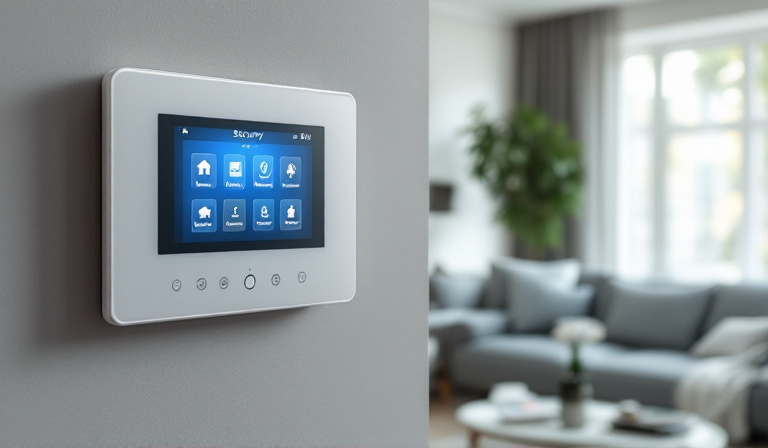
When it comes to safeguarding your home or business, choosing the right security system is crucial. With a myriad of options available, the decision can seem overwhelming. However, by considering your specific needs and understanding the features available, you can make an informed choice that offers peace of mind and protection.
Understanding Your Security Needs
The first step in selecting the perfect security system is understanding what you need to protect. Are you looking to secure a small apartment, a family home, or a large business premises? The size and type of property will significantly influence your choice.
- Home Security: For residential properties, consider entry points such as doors and windows, as well as areas like garages and backyards.
- Business Security: Commercial properties might require more comprehensive systems that include surveillance for multiple entry points, interior spaces, and sensitive areas like stockrooms or server rooms.
Types of Security Systems
Security systems come in various types, each suited to different needs and preferences. Here’s a breakdown of the most common types:
- Wired Systems: These are traditional security systems that require physical connections between components. They are often considered reliable due to their direct connection to power sources and communication lines.
- Wireless Systems: These systems use radio signals to communicate between components. They offer flexibility in installation and can often be controlled remotely via smartphone apps.
- Monitored Systems: Typically managed by a security company, these systems alert a central monitoring station in case of a security breach, which then notifies the authorities.
- Unmonitored Systems: These systems rely on the owner or local alarms to deter intruders. They do not automatically alert authorities but can be effective in scaring off intruders.
Key Features to Consider
When evaluating different systems, consider the following features to ensure the best fit for your needs:
- Surveillance Cameras: Essential for both deterrence and evidence collection, cameras should cover key areas and offer good quality footage both day and night.
- Motion Detectors: These sensors can detect unusual movements within your property and trigger alarms or notifications.
- Entry Sensors: Placed on doors and windows, these sensors alert you when someone tries to enter the premises.
- Smart Home Integration: Modern systems often integrate with smart home devices, allowing for seamless control and automation of security features.
- Remote Access: The ability to monitor and control your security system via a smartphone app adds a layer of convenience and peace of mind.
Budget Considerations
Your budget is a crucial factor in choosing a security system. While it's tempting to go for the latest and greatest technology, it's important to balance features with affordability.
Start by determining what you are willing to spend on both initial setup and ongoing maintenance. Some systems may require a significant upfront cost but have lower monthly fees, while others may offer low initial costs but higher ongoing fees.
Installation: DIY vs. Professional
Another consideration is whether you want to install the system yourself or hire professionals. DIY systems can save money and are often user-friendly, while professional installations ensure that all components are correctly set up and optimized for your property.
- DIY Installation: Ideal for tech-savvy individuals comfortable with handling gadgets and following instructions.
- Professional Installation: Best for complex systems or for those who prefer a hassle-free setup process.
Evaluating Security System Providers
Choosing the right provider is as important as choosing the system itself. Look for companies with a solid reputation, excellent customer service, and good reviews. It's also beneficial to choose providers that offer flexible contract terms and guarantees their equipment.
Trial Periods and Warranties
Many security companies offer trial periods and warranties. These can provide peace of mind, allowing you to test the system in real-world conditions before making a commitment. Ensure that you understand the terms and conditions of these offers.
Staying Informed and Updated
The security landscape is always evolving with new technologies and threats. Regularly review your security system's effectiveness and stay informed about new features that could enhance your protection. Upgrading components when necessary ensures that your system remains robust against emerging threats.
In conclusion, selecting the right security system involves careful consideration of your unique requirements, a clear understanding of the available options, and a strategic approach to budgeting and installation. By following these guidelines, you'll be well-equipped to choose a security system that not only meets your needs but also provides the peace of mind that comes with knowing your property is well-protected.

